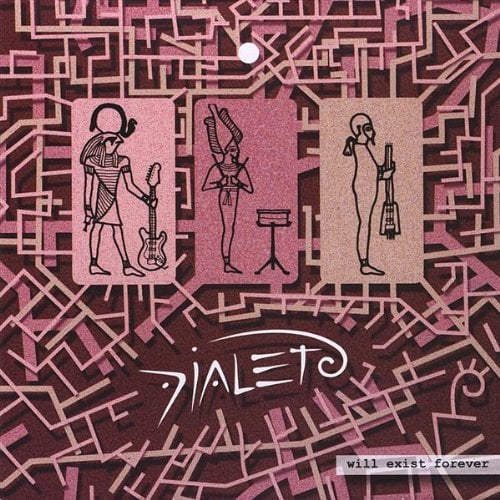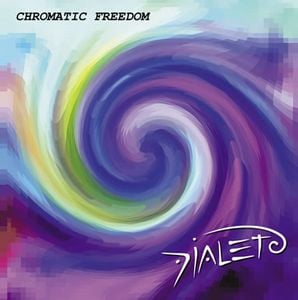Dialeto
Printed From: Progarchives.com
Category: Progressive Music Lounges
Forum Name: Interviews
Forum Description: Original interviews with Prog artists (which are exclusive to Prog Archives)
URL: http://www.progarchives.com/forum/forum_posts.asp?TID=77528
Printed Date: December 18 2024 at 23:55
Software Version: Web Wiz Forums 11.01 - http://www.webwizforums.com
Topic: Dialeto
Posted By: toroddfuglesteg
Subject: Dialeto
Date Posted: April 14 2011 at 14:35
|
DIALETO is a Heavy Prog Power Trio formed in Brazil in 1987 by Nelson Coelho on guitar and vocals, Andrei Ivanovic on fretless bass and Miguel Angel on drums and backing vocals. They have so far released two albums which has gained them a pretty big following. I got in touch with the band and Nelson answered my questions. ########################################################################## Your biography has been covered in your ProgArchives profile so let's bypass the biography details. But which bands were you influenced by and why did you choose that name ?
You released an LP in 1991
called Dialect. How is the availability of this LP and is there any plans to
re-release it ?
You took a long break.
What were the Dialeto members doing in this break and what made you return
?
Over to your two official albums. Your debut album Will Exist Forever was released in 2008. Please tell us more about this album. As I said before, it's a
rework from the material recorded in 1990.
Your second album Chromatic Freedom was released in 2010. Please tell us more about this album.
How would you describe you music and which bands would you compare yourself with ? I think our music is very unusual,
because we like unusual scales, harmonies and time signatures, it uses a lot of
dissonance, creating sometimes some creepy and paranoid atmospheres. It's very
intense, because it has a lot of improvised and passionate solos over odd
signatures and harmonies. And, unfortunately, is not for everyone because many
people will not understand it at first listening, you'll probably have to listen
to it more then a couple of times to become more familiar with the dissonant
melodies. It really requires a fully open minded listening. But it's not creepy
and depressive all the time, it has also some grooves that is a lot of fun. :
) As a sub-genre, some people call us avant-garde or experimental rock but I
prefer Heavy-Prog, as in PA page. What have you been up to since the release of Chromatic Freedom and what is your latest update ? What is your plans for this year and beyond ?
To wrap up this interview,
is there anything you want to add to this interview ?
Thank you to Nelson for this interview Their PA profile is http://www.progarchives.com/artist.asp?id=4294" rel="nofollow - and their homepage's http://www.dialeto.org/index.html" rel="nofollow - |
Replies:
Posted By: tupan
Date Posted: April 15 2011 at 12:50
|
Good brazilian band!
------------- "Prog is Not Dead and never has been." (Will Sergeant, from Echo And The Bunnymen) |


